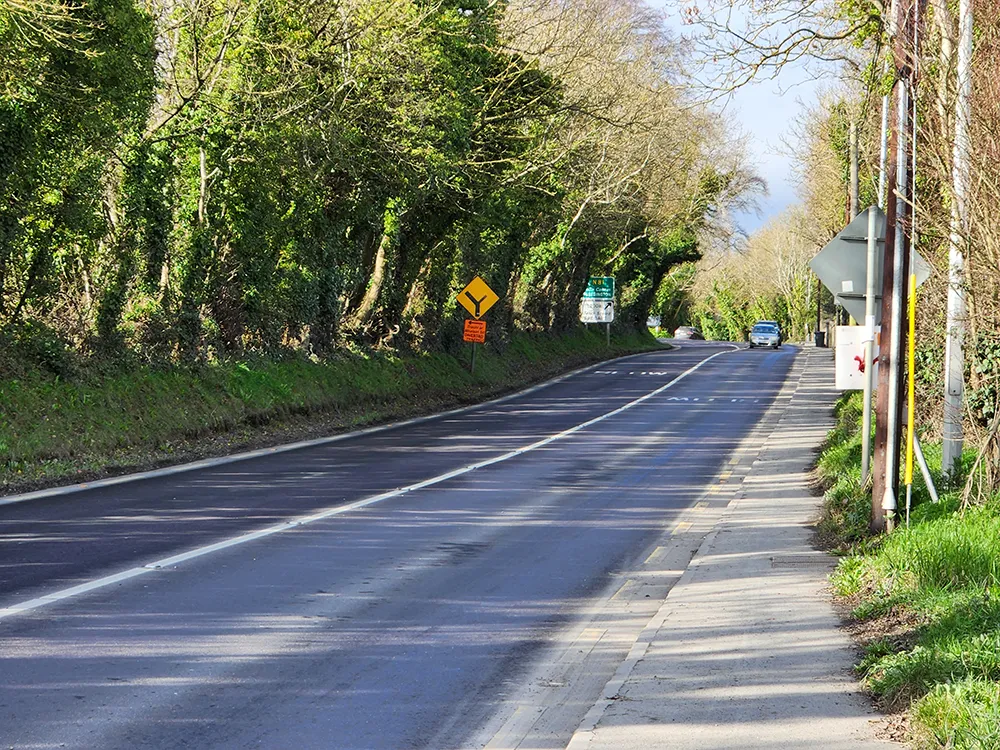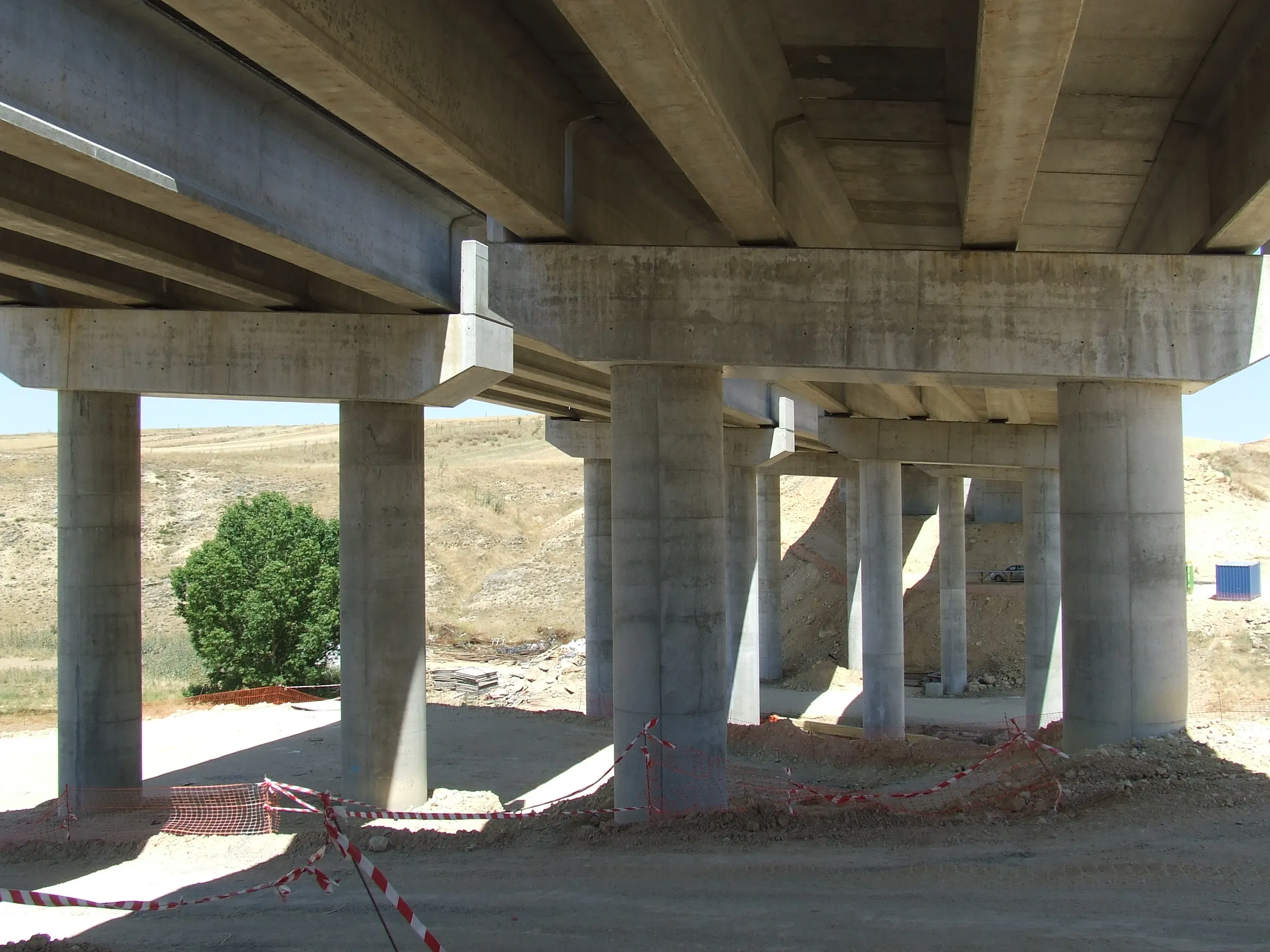
Redbridge is the first borough in London to trial a new asphalt mix that can reduce the carbon footprint in road resurfacing works. The project has been led by Redbridge Council, in partnership with Kensons Highways, using the asphalt for road resurfacing at Lodge Hill, in Ilford.
The asphalt mix, supplied by Tarmac, lowered the carbon footprint from road resurfacing by incorporating a carbon negative product into the mix, called ACLA. Results showed that using ACLA, Tarmac’s asphalt reduced the project’s carbon footprint by 68%.
ACLA was designed and manufactured by Earthshot Prize finalist climate tech company Low Carbon Materials (LCM). It can capture and store carbon dioxide from the atmosphere, locking it into the resurfaced road.
For the trial ACLA was used in the middle (binder) asphalt layer of the three laid. This helped to lower the project's carbon footprint.
David Shelley, Director for Kenson Highways, said: “We initially encountered Low Carbon Materials at the Highways UK show. Upon investigating the product, we quickly realised its potential interest for Redbridge.”
Tim Smith, Senior Technical Manager (South East) at Tarmac added: “There has never been a more important time to explore innovative, carbon-saving solutions and materials. By collaborating with supply chain and industry partners on this project we have demonstrated what's possible in delivering greener roads. It’s crucial that the learnings from this project help to inform further decarbonisation of the road network.”
Natasha Boulding, CEO of LCM, said: “I’m proud to have collaborated with pioneers Redbridge Council, Kensons Highways and Tarmac on this first-of-its-kind scheme in London to see ACLA used to unlock net zero asphalt. This project offers a blueprint for best-practice and a clear roadmap for dramatically reducing the environmental impact of road construction and maintenance.”









